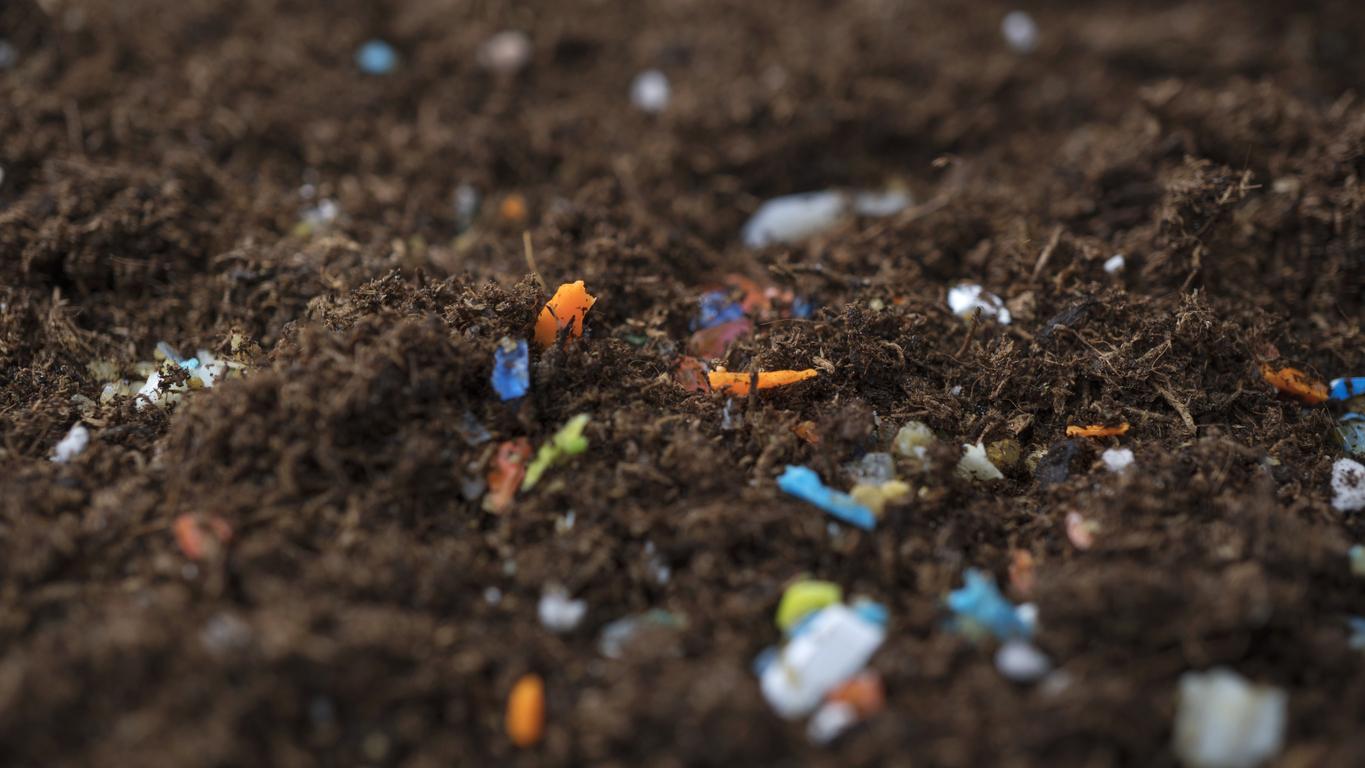Indoor pollutants in classroomshave already been pointed out by researchers. Scientists are now concerned about the consequences of children’s exposure to air pollutantson the way to school. In the review Environmental pollution, a Spanish team from the Barcelona Institute for Global Health (ISGlobal) warns against the harmful influence of fine particles linked to automobile traffic on the cognitive development of children. Their conclusion is drawn from the observation of a panel of 1,200 children aged 7 to 10, from 39 schools in Barcelona. Air pollution levels were measured during the students’ home-school journey. Attention and working memory were assessed several times during the 12-month assessment period. These tests were compared to the levels of air pollution. Their work revealed a correlation between exposure to fine particles and a slowdown in the development of working memory.
“The results of previous toxicological and experimental studies have shown that these short exposures to very high concentrations of pollutants can have a disproportionate impact on health,” explains study author Mar Alvarez-Pedrerol, researcher at the ISGlobal, cited by Timesnews.
“Reduce the use of cars”
Would children therefore be protected from air pollution when they go to school by car or on public transport? No, say the researchers: “Just because children who go to school are more exposed to pollution does not mean that children who travel by car or public transport are not also exposed to high levels.” , tempers Jordi Sunyer, head of the child health program of ISGlobal still at the Guardian. The solution is elsewhere for the authors, it passes by the limitation of the automobile traffic. “The solution is the same for everyone: reduce the use of private vehicles and create less polluted and safer routes from home to school,” suggests Alvarez-Pedrerol.
Read also:
How to protect yourself from fine particles
Beware of anesthesia in children under 3 years old
















